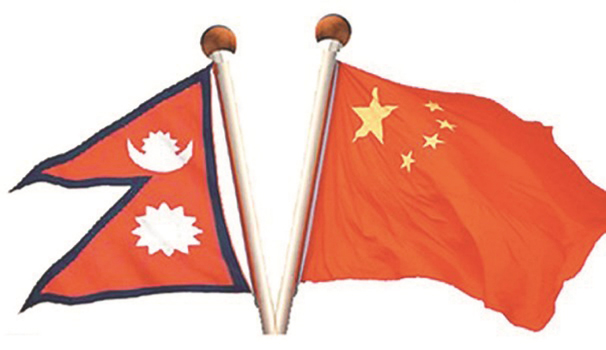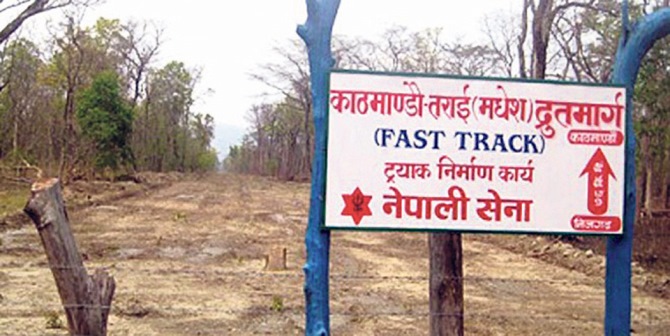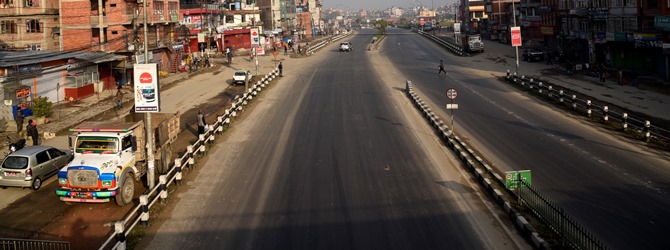Security bodies begin preparations for free, fair elections

By Purushottam P. Khatri
Kathmandu, Jan. 17: Following government instruction last week to tighten security preparations for the forthcoming elections, the four security bodies - the Nepal Army (NA), the Armed Police Force (APF), the Nepal Police and the National Intelligence Department - have begun analysing the safety concerns while also establishing security cells.
Especially, Nepal Police Headquarters has formed a Central Election Preparation and Coordination Cell under the Command of Additional Inspector General (AIG) Bishwa Raj Pokharel, who is the chief of the Operation and Crime Investigation Department at the Headquarters.
APF Headquarters has also formed its separate election security cell inside the Headquarters, as per the government’s instruction.
Additionally, the NA is busy analysing and evaluating possible security threats mainly posed by the outlawed Netra Bikram Chand Biplab group, according to the Army Headquarters.
The security bodies began their preparation after the government on January 4 formed House of Representatives Election and Security Preparation Committee (ESPC) at the Home Ministry.
In consultation with Prime Minister KP Sharma Oli, Minister for Home Affairs Ram Bahadur Thapa 'Badal' formed the Committee comprising officials from the Election Commission, NA, APF, Nepal Police and National Investigation Department under the coordination of Chief of Security and Coordination Division and Joint Secretary at the Home Ministry, Chakra Bahadur Budha.
Under Secretary of the Home Ministry and Chief of Peace, Security and Crime Control Branch, Prem Lal Lamichhane has been appointed as the member secretary of the Committee.
The Committee has been asked to prepare a district-wise report, with elaborate reviews of polling stations and booths, contingencies and recommendations to curb anti-election activities, spell out responsibilities and roles of security agencies in the election, while also providing the necessary details on required transportation, technical equipment and other estimated costs.
President Bidya Devi Bhandari had dissolved the House of Representatives on the recommendation of Prime Minister KP Sharma Oli and announced mid-term elections on April 30 and May 10, 2021.
Raj Kumar Shrestha, spokesperson at the Election Commission Nepal (ECN) told The Rising Nepal that a Joint Secretary level official had been sent as representative to the Election Security and Preparation Committee formed by the Home Ministry.
"With the President announcing the date of the House of Representatives election, necessary preparations are already underway. It is the job of the political parties and the government to create a conducive environment for the election. We have started our work," Shrestha said.
The ECN has also formed a committee comprising representatives of political parties, local level chiefs and security chiefs in 77 districts under the coordination of the Chief District Officers to decide on the polling stations and booths.
Required number of polling stations and booths will be added based on population, infrastructure and geographical location, according to the EC. The EC is of the view that about 90 per cent of the polling stations and centres will remain the same as in 2017 elections and the remaining 10 per cent may vary based on their justification and necessity.
The 2017 general elections were also held in two phases on November 26 and December 7. During 2017's House of Representatives and Provincial Assembly elections, 10,690 polling stations and about 19,000 polling booths were designated.
Security report being prepared
Joint Secretary at Home Ministry Chakra Bahadur Budha said the ESPC report would be submitted to the Central Security Committee headed by the Home Minister soon.
Meanwhile, a source at Home Ministry on condition of anonymity said the Committee had been tasked with dividing all the 77 districts into three groups in terms of security risks -- highly sensitive, sensitive and general, so as to draft the strategy accordingly.The security agencies and the Election Commission will also submit proposals on their preparations and plans to the government in due course.
Spokesperson Budha informed that the report would be drafted by the Committee and submitted to the Central Security Committee meeting for further discussions and decisions.
EC's own committee
According to EC's spokesperson Shrestha, a few days ago the Commission had also formed Election Security and Preparatory Management Committee under the coordination of Commissioner Narendra Dahal. The Committee is comprised of Secretaries from the Ministry of Defence, Home, and security chiefs from the four security bodies.
Police HQ forms security cell
Much like previous elections, Nepal Police has already set up a 37-member central election security and control cell at the Headquarters under the command of AIG Bishwa Raj Pokharel, according to Senior Superintendent of Police (SSP) and spokesperson of Nepal Police Basanta Bahadur Kunwar.The Committee has Deputy Inspector General of Police (DIG) Sunil Kumar Shrestha and Dibesh Lohani and other officials.
Also, the Police Headquarters has begun preparations to establish a 15-member election cell in each Province and Metropolitan Cities under the command of SSP and another 15-member cell in each district and unit office of Nepal Police, SSP Kunwar said. Kunwar said the Headquarters had sought mainly logistic support and additional temporary policemen, also known as myadi policemen.
"Classification of sensitive polling booths and centres from a security point of view has been under discussion at the Police Headquarters to prepare security strategy accordingly," SSP Kunwar said.
"On the logistic part, Nepal Police has already tabled the proposal to the Home Ministry, enlisting all the transportation needs as well as communication services at the time of election," he said.
Meanwhile, Nepali Army spokesperson and Brigadier General Shantosh Ballave Poudyal said that while no separate election security cell as such had been established inside the Army Headquarters, its top office bearers will be playing a significant role in the Committee formed by the EC.
Police HQ set to hire temporary policemen
Meanwhile, a high-level security source at Police Headquarters confirmed that Nepal Police would soon announce vacancies for recruiting temporary policemen to ensure security at each polling centre and booth.
According to the Ministry of Home Affairs, over 98,000 temporary police were deployed in the last elections held in 2017.
The Headquarters estimates that above 100,000 temporary police personnel may be required for the election this time.
According to Nepal Police, around 218,000 security personnel were deployed to conduct 2017's general election (three-tier government), augmented by 98,268 temporary police personnel.
Recent News

Do not make expressions casting dout on election: EC
14 Apr, 2022
CM Bhatta says may New Year 2079 BS inspire positive thinking
14 Apr, 2022
Three new cases, 44 recoveries in 24 hours
14 Apr, 2022
689 climbers of 84 teams so far acquire permits for climbing various peaks this spring season
14 Apr, 2022
How the rising cost of living crisis is impacting Nepal
14 Apr, 2022
US military confirms an interstellar meteor collided with Earth
14 Apr, 2022
Valneva Covid vaccine approved for use in UK
14 Apr, 2022
Chair Prachanda highlights need of unity among Maoist, Communist forces
14 Apr, 2022
Ranbir Kapoor and Alia Bhatt: Bollywood toasts star couple on wedding
14 Apr, 2022
President Bhandari confers decorations (Photo Feature)
14 Apr, 2022
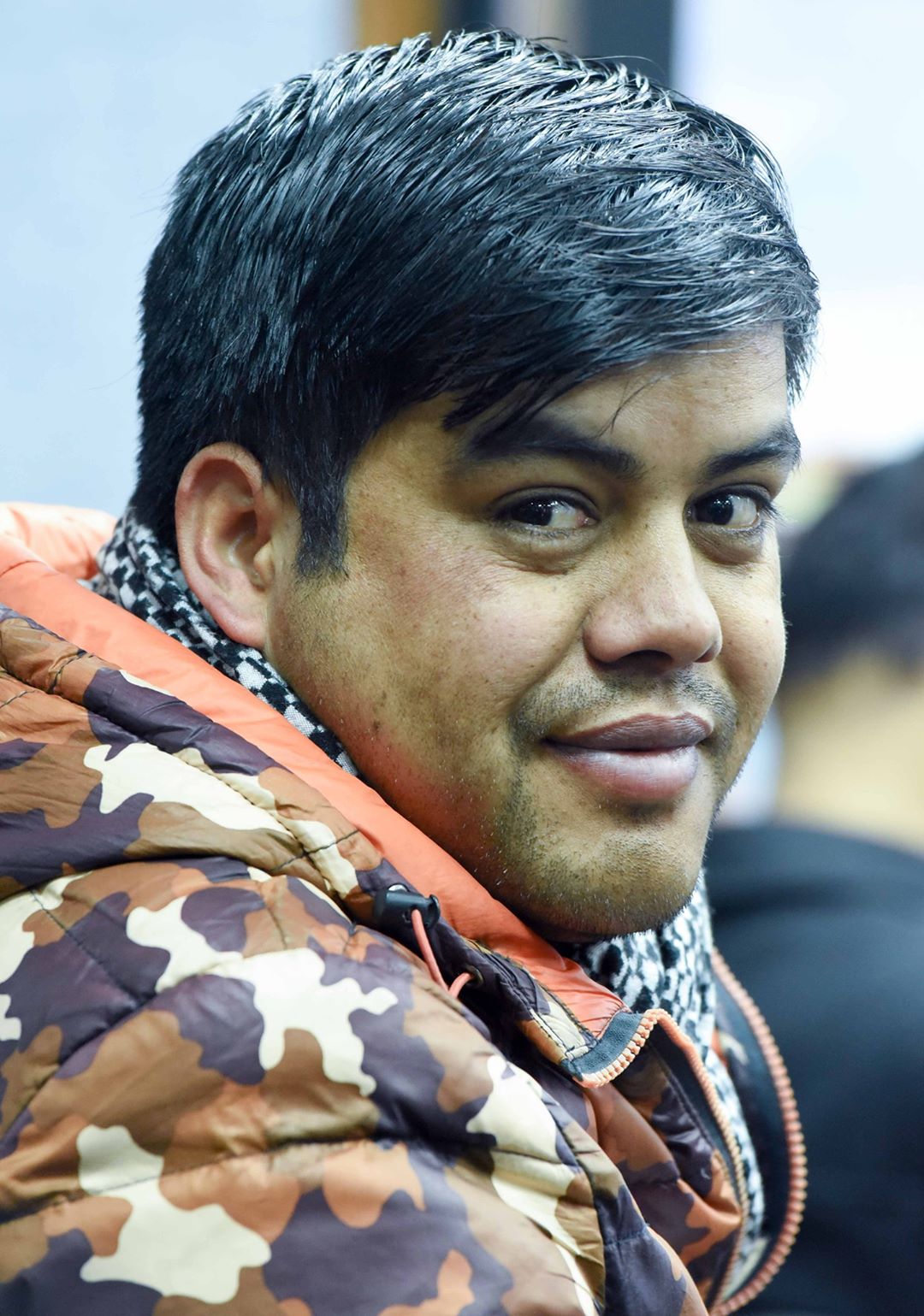


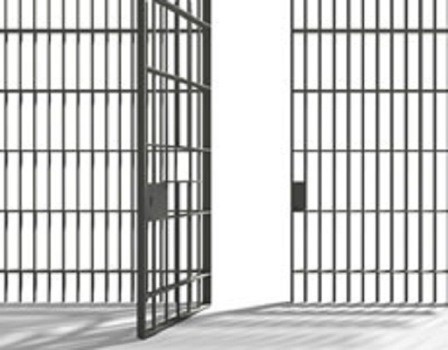
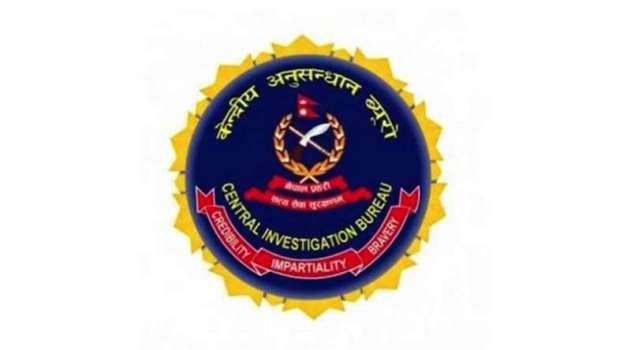
.jpg)

